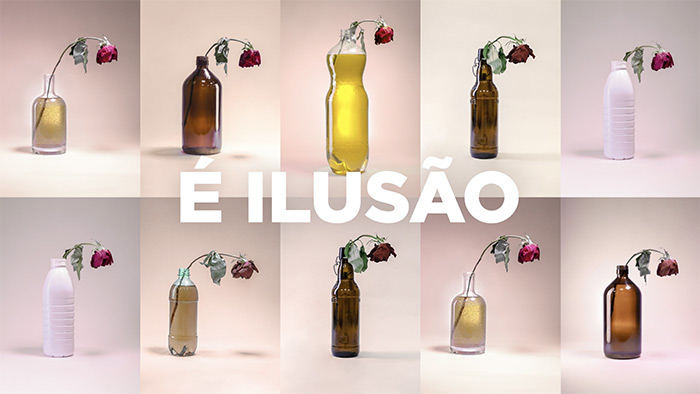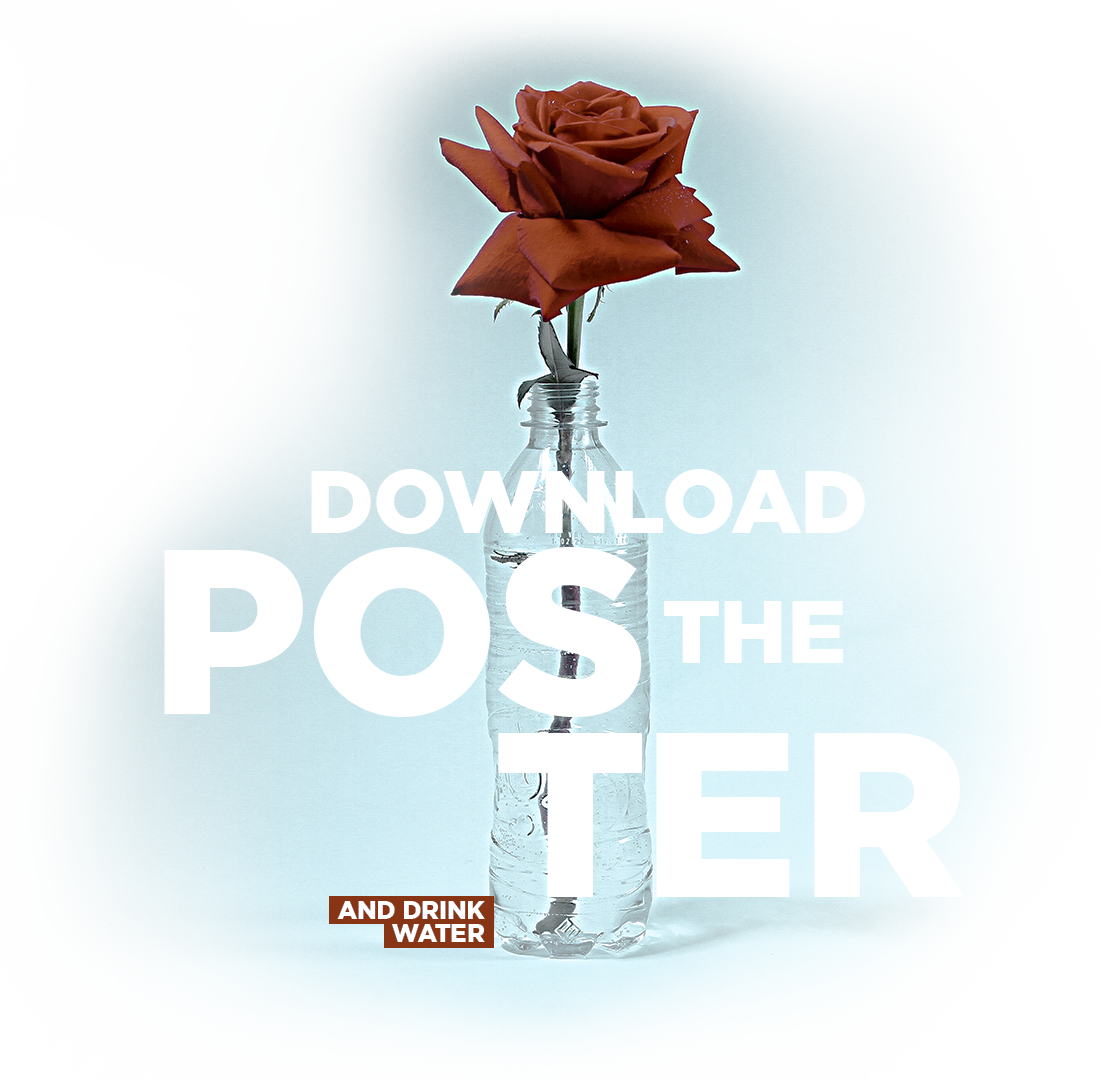WHEN THE TEMPERATURE RISES, YOUR BODY HEATS UP AND YOU GET THIRSTY.
So, the easiest thing to do is taking the first drink in front of you and refreshing yourself, right? WRONG!
There’s no point in making the quickest choice.
You may even fool your thirst, but not your health.
You need to drink water to fully hydrate your body.







